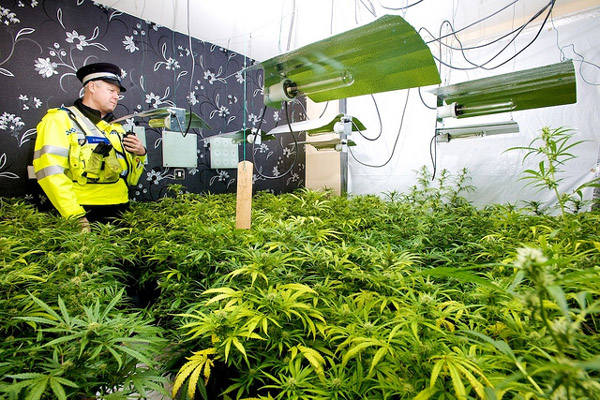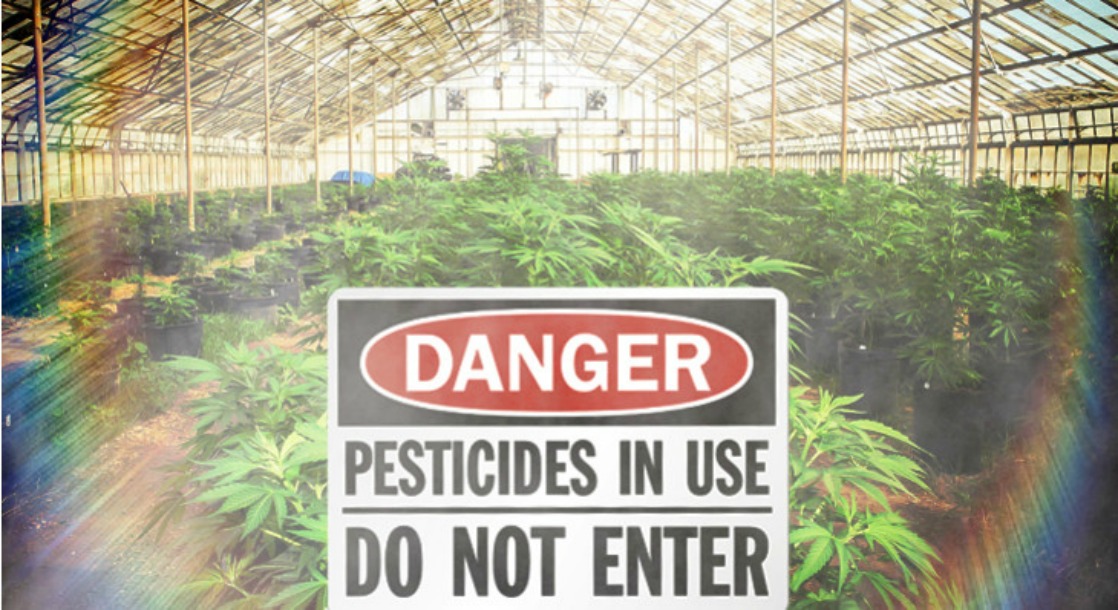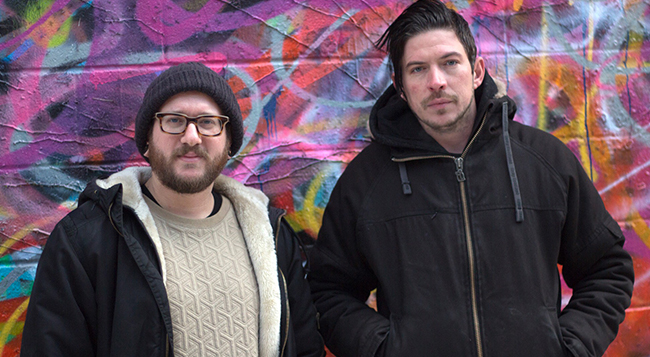There has been a lot of change in drug policy within Europe recently. Ireland announced it wants to decriminalize all drugs, Germany will be creating a Cannabis Agency, and France’s cannabis culture is exploding. With all these forward strides, it becomes apparent that no real news has come from England regarding cannabis.
Currently, cannabis is illegal in England, which includes medical cannabis. Police action is not always enforced and varies from case to case but measures to decriminalize the plant are non-existent.
Although there has not yet been a successful campaign to address the illegality of cannabis in Britain, the outcry to change policy is expanding. “A retired top cop, the Government’s former chief drugs adviser and a police and crime commissioner,” have joined the growing number of professionals and activists who are calling for a change in drug policy according to the British Daily Star Magazine.
They are claiming that the resources Britain is using, including £500 million annually (about $760 million in US dollars), are not enough to win the War on Drugs and that Britain is “an ostrich with its head in the sand.” The hope is to bring attention to cannabis reform and change minds within the government to decriminalize and legalize it.
Former chief constable of Cambridgeshire Police, Tom Lloyd regrets his history arresting drug offenders when in office and is now the chair of the National Cannabis Coalition (NCC). He believes that “a major problem in drug law reform, and the resistance to it, is that people look at people, whether they are heroin users or stoners, and the just think they are not serious people.” With professionals and respected individuals coming out in support of drug reform, it is hopeful that this view will change. And with more countries and American states changing their policy toward cannabis, the stigma associated with it is starting to dissipate as people are learning how cannabis is doing more good than harm in places such as Colorado.
Unfortunately, the British Government does not look to be changing gears any time soon. Mike Penning, the Minister for Policing and Criminal Justice said: “The Government has no plans to legalise or decriminalise cannabis. There is clear scientific and medical evidence that cannabis is a harmful drug which can damage people’s mental and physical health, and harms individuals and communities.”
“We take an evidence-based approach to tackling the use and supply of drugs, and they are illegal where scientific and medical analysis has shown they are harmful to human health. There is evidence our approach is working with a long-term downward trend in drug use.”
Penning’s stance is in line with Parliament, who early in October of this year, debated the idea of legalizing the production, sale, and use of cannabis after a petition gathering over 230,000 signatures surpassed the necessary number of signatures to bring it to Parliament’s attention.
After the debate took place, Parliament’s response was not favorable for reform. “Substantial scientific evidence shows cannabis is a harmful drug that can damage human health. There are no plans to legalise cannabis as it would not address the harm to individuals and communities.”
These views are becoming archaic and out of tune with what we now know about cannabis. More and more scientific studies show that cannabis has an abundance of medical benefits and is less harmful than many over the counter drugs available, not to mention alcohol and other drugs. Activists in England see this, but have yet to convince their government that reform is a positive thing, leaving England trailing in the race to legalize.











